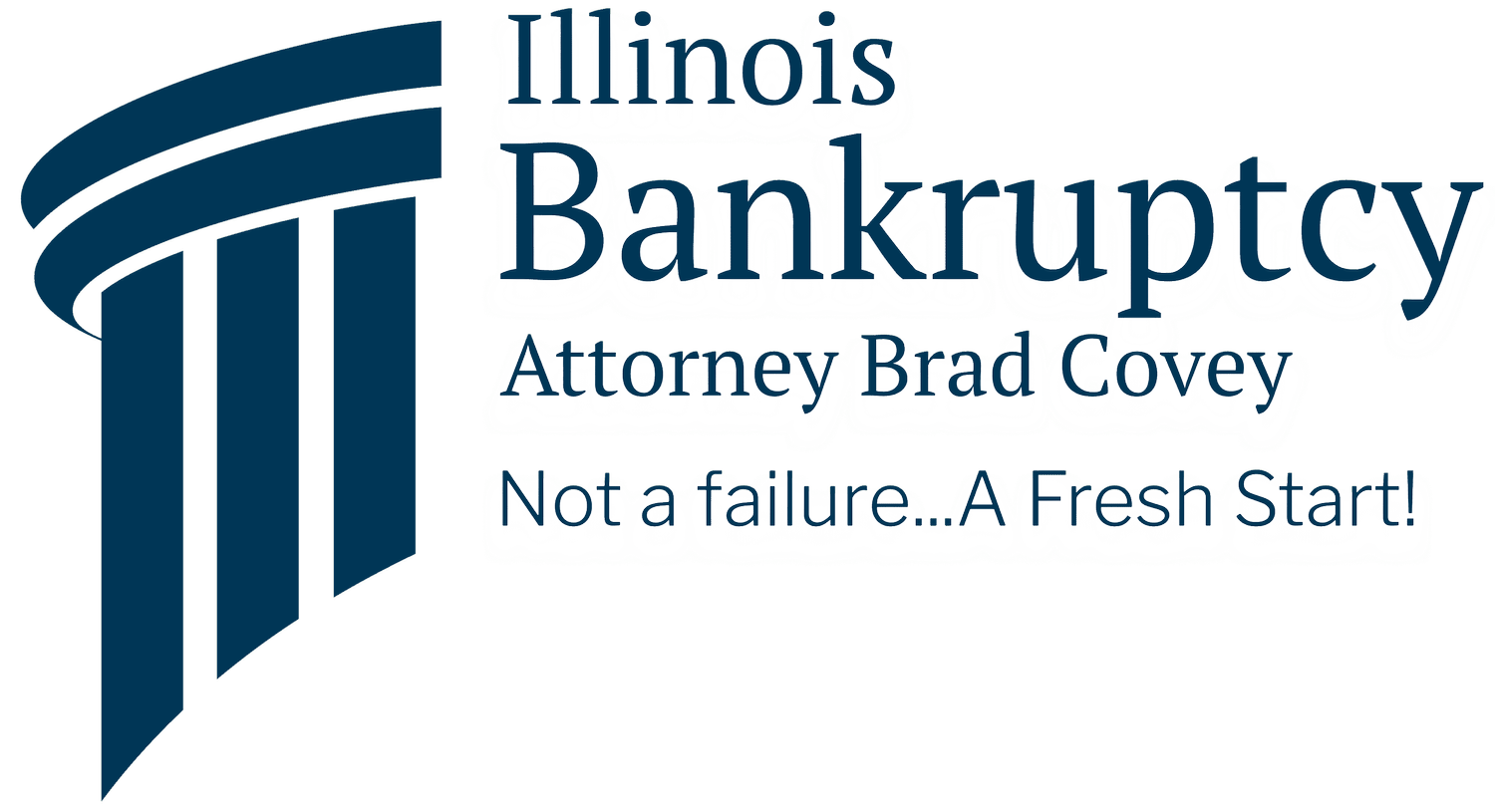Pre-bankruptcy Shopping Spree and Discharge
Pre-bankruptcy Shopping Spree
Pre-bankruptcy Shopping Spree and Your Discharge
It might be tempting to go shopping and max out your credit cards right before you file bankruptcy. Why not, you are going to discharge everything anyway – right? And besides, credit card companies are used to it. It’s a “cost of doing business.” Wrong!
It shouldn’t come as any surprise that the legislators who wrote the bankruptcy code anticipated that people might be tempted to run up their credit cards before they file bankruptcy. There is a bankruptcy law code section you should be aware of before you file bankruptcy in Illinois. Bankruptcy code section 523(a)(2) covers purchases and cash advances during the 90-day period before filing your bankruptcy petition. That section provides that consumer debts owed to a single creditor and more than $600 in total for luxury goods or services charged by an individual on or within 90 days before they file bankruptcy in Illinois are presumed to be nondischargeable (don’t go away); and cash advances over $875 in total obtained by an individual on or within 70 days before they file bankruptcy in Illinois, are presumed to be non-dischargeable.
What does all that mean? What that means is simple: if you charge more than $600 on any single credit card within 90 days before you file bankruptcy in Illinois, the debt is presumed nondischargeable. In other words, you’re still on the hook for it. The same goes for cash advances of more than $875 and 70 days before you file.
If you find yourself in this position, you have a couple of options. First, wait 91 days after you make any such purchases (or 71 days if you’ve taken a cash advance) to file your bankruptcy petition. However, waiting 91 days just gets you over the presumption of nondischargeability. The creditor can still file an objection to discharge and you will be forced to settle or fight the objection.
Second, even though these kinds of charges are presumed nondischargeable, the credit card company will still have to file an objection to the dischargeability of the debt. Before they do that, though, they usually send a letter to your attorney offering some sort of settlement or payment arrangement. At that point, you can settle or fight their objection. However, there will usually be additional attorney fees for fighting an objection to dischargeability.
Whether or not your credit card charges are a problem is just one of the issues that you have to be on the lookout for when you file bankruptcy. An Illinois bankruptcy attorney can help you navigate the minefield called the bankruptcy code and make sure you keep as much of your property as allowed by the Illinois bankruptcy laws and eliminate your debts to the fullest extent possible.
If you are thinking about filing bankruptcy in Illinois, consider scheduling a free consultation with Illinois bankruptcy attorney Brad Covey. The consultations are free and confidential, and there is absolutely no obligation. Call Bradley Covey at 630-879-9559 to schedule an appointment.

